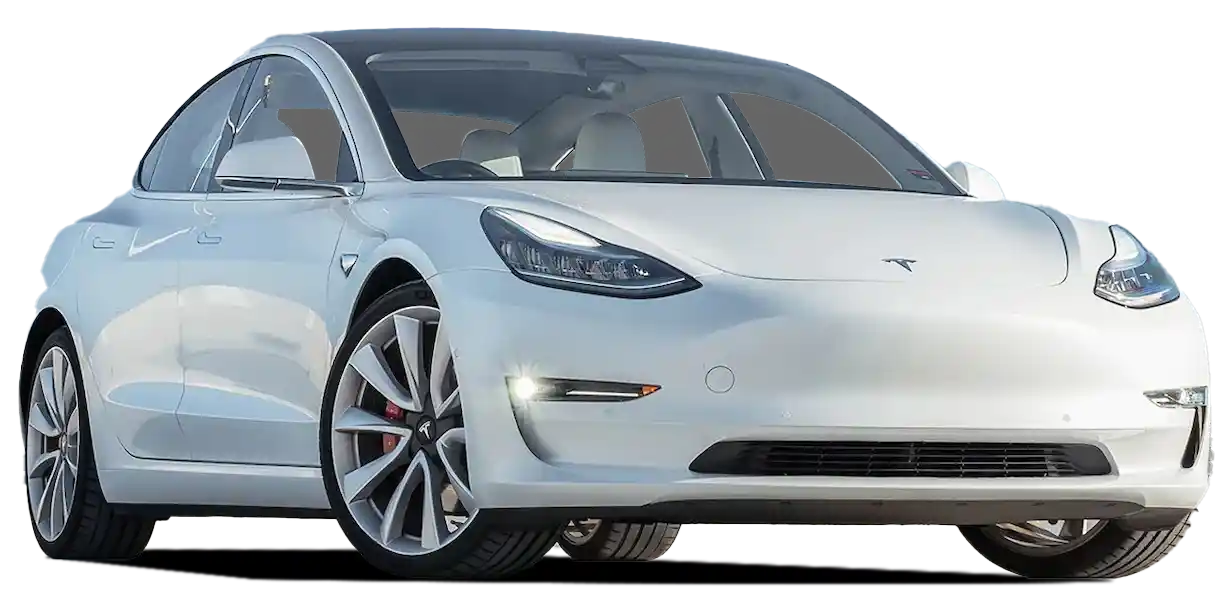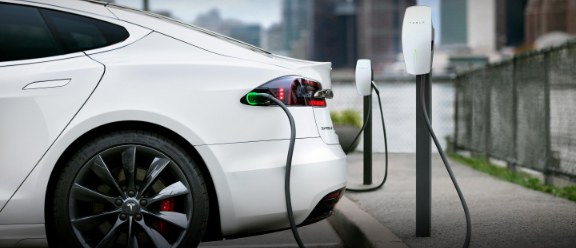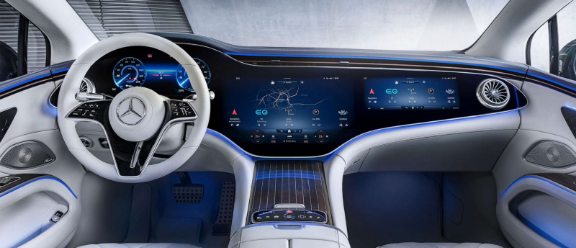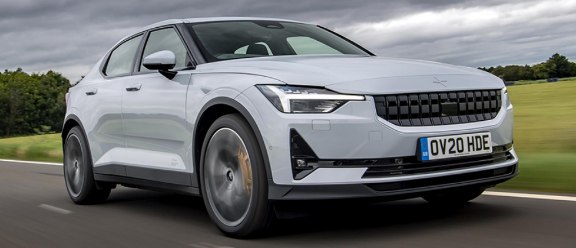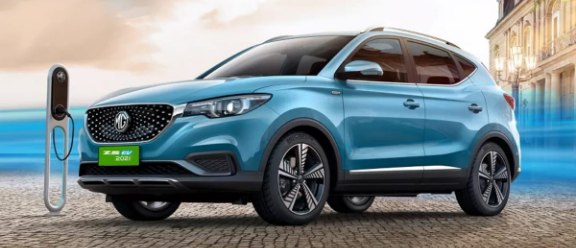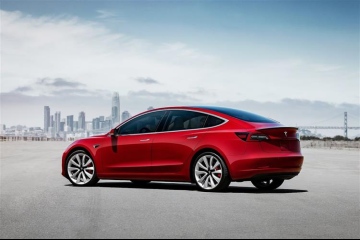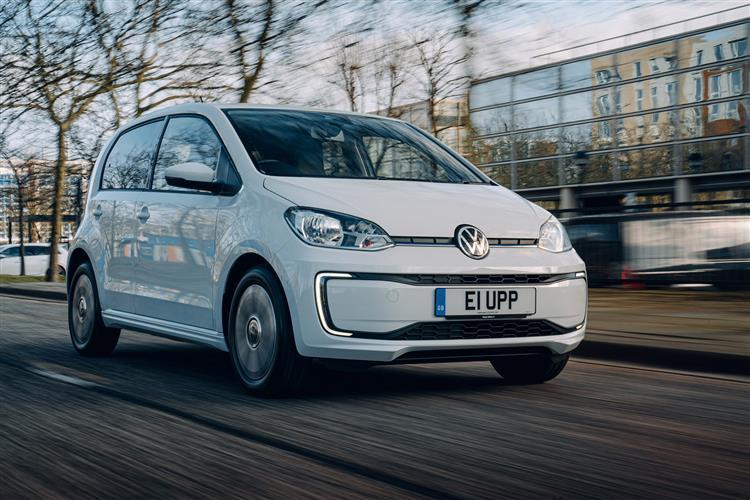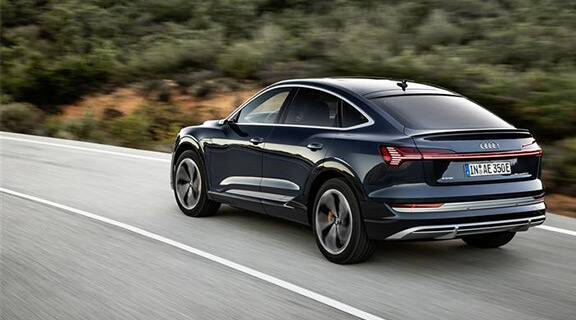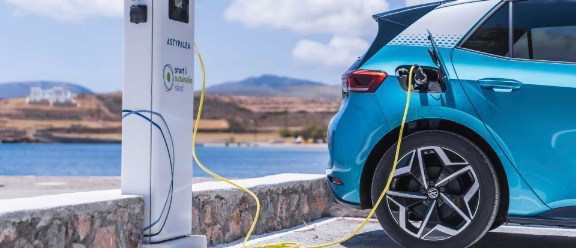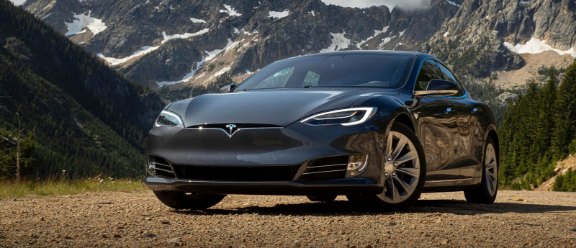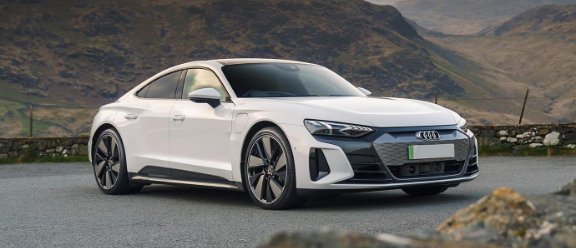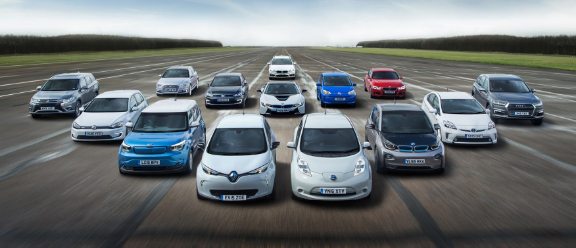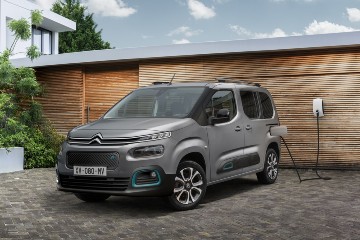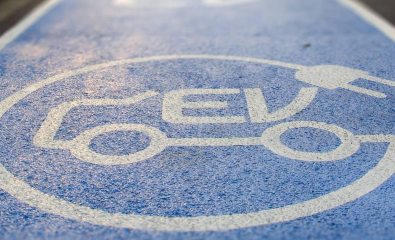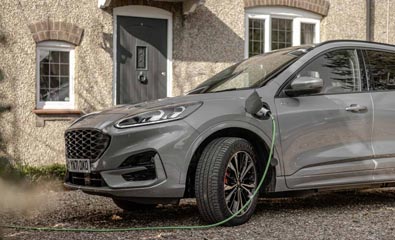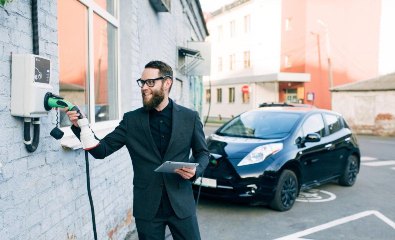Electric Cars And Hybrids
Why Is Now The Time Go Electric?
The green revolution is upon us and with sales of new petrol and diesel cars banned by 2030, there’s never been a better time to go electric. As more and more manufacturers turn their efforts to the latest electric technology, leasing an electric-powered car puts you ahead of the curve.
Electric Car Deals
Find the best offers on your new electric carLatest Hybrid Deals
Find the best offers on your new hybrid car£0 Admin Fees
Only When You Lease With Vanarama
Why Electric & Hybrid Cars?
From phenomenally low day-to-day running costs through to doing your bit for the environment, there are a whole host of reasons to drive an electric or hybrid car.
Low Running Costs
One of the best things about driving electric is how cheap it is day-to-day compared to running a petrol or diesel car. Many workplaces are offering free charging and some councils are doing the same thing in town centres, but whether you take advantage of this or charge up at home, you never need to worry about filling up with petrol again!
There are also tax benefits including zero road tax for all electric vehicles.
Upgrade To The Latest Tech
Electric cars are all coming with the latest technology and that technology is evolving at lightning speed. That’s why it makes sense to lease. So, just like your mobile phone, you can upgrade to the latest technology every few years.
Helping The Environment
Reducing air pollution is becoming more and more important and electric cars are an excellent way you can help. By making the switch to electric, you can contribute to cleaning up the air quality across the UK.
Wide Range Of Manufacturers
Leasing electric doesn't just limit you to choosing a Tesla or Polestar - these days almost all car manufacturers either have, or are working on, new electrified models. Brands such as MG, Renault and Volkswagen have some of the best electric vehicles on offer.
Low Benefit In Kind Tax Rates
If you’re looking for your next company car, choosing electric also makes the most sense as you can benefit from extremely low Benefit In Kind tax rates.
Most Popular Electric Cars
Why Lease Electric?
Our electric car lease deals make driving a brand new car more affordable as you’ll be able to spread the cost monthly rather than worrying about a big upfront cost. And as electric cars are still very new, some have a premium price tag. Leasing electric means you can spread the cost of ‘usership’ over the life of the agreement rather than paying the full purchase price of the car. What better way to get your hands on the latest tech?
Charging An Electric Car
Some of the most frequently asked questions about electric cars are about charging. Whether you want to know about charging a car at home or how it all works, we've got it covered.
Our handy guide contains everything you need to know about charging your brand new electric car.
How Much Range Do Electric Cars Have?
How much range you’ll get from an electric car remains a concern for customers, but actually improvements to electric range are being made everyday. The average range you’ll get on an electric car is around 181 miles, but models like the Tesla Model y can go all the way up to 319 miles.
Electric Car FAQs
In a word, lease! Leasing not only allows you to spread the cost of your brand new electric vehicle by paying monthly, it also means you can upgrade every few years. With the speed of change in electric and brand new technology being developed all the time, leasing allows you to stay ahead of the curve.
Yes, over the lifetime of the car, running electric is much cheaper than petrol/diesel, based solely on fuel costs. Add in the fact that maintenance costs are reduced, electric is a much more affordable alternative long-term.
No, there are actually 3 main different types of electric car. There are battery electric vehicles (BEVs) which are fully electric and powered totally by the vehicle’s battery. There are then plug-in hybrid electric vehicles (PHEVs) which are part-electric, part petrol. You will need to plug in this car to charge the electric battery. And there are hybrid electric vehicles (HEVs) which are also part battery and part petrol but the battery is a lot smaller so the car will charge itself and you won’t need to plug in.
Full electric cars are charged by plugging them into an electric charge point or your normal mains electricity supply at home if necessary (although this wouldn't be recommended). The car will come with its own charging cable.
No, you don’t necessarily need a charger at home. If you have a driveway, it might be easier to have a charger installed, but it’s not vital. You can charge from your mains supply three-point plug at home if absolutely necessary although we wouldn't recommend this method. The best way to charge if you don't have a charger at home would be to find local electric charge points which will be dotted around your local area.
A great way to find an electric charge point is using easy tools like Zap Map which allows you to locate the charger closest to you.
No - there are different charge points available for charging your electric car including 3kw-7kw slow, 7kw - 22kw fast, 43kw to 50kw rapid and 100kw, 150kw or 350kw ultra rapid. Slow chargers could be just using your home charge point or local lamp post charger. These tend to be used overnight to give you full charge. Fast chargers usually give up to 60 miles of range in around an hour and ultra rapid chargers are obviously the fastest. These are not available on all electric cars but tend to be available at motorway service stations, taking about 20-30 mins to give you up to 200 miles.
This will depend on the type of charger you use. If you’re using a slow charger of 3kw to 7kw it could take up to 12 hours to give you a full charge. However, if you’re using a rapid charger it could take as little as 30 mins to give you up to 200 miles.
Running an electric car does mean slightly reduced maintenance costs plus to ensure you’re covered for any maintenance needs, we offer a maintenance package.
Yes. Electric cars still need MOTs just like petrol and diesel cars.
Yes. Fully electric cars are almost always automatic. As there is no need for a clutch there is no need for manual gears.
Yes, electric cars are better for the environment than petrol/diesel equivalents. They don’t emit any air pollutants or greenhouse gases so they are a much better alternative.
The range on electric cars is increasing by the day with new models being developed all the time. The top 2 cars with the longest range on the market right now are the Mercedes EQS with a 453-mile range (WLTP*) and the Tesla Model S Long Range with a 405-mile range (WLTP*).
- WLTP is the procedure for testing range on electric vehicles.

